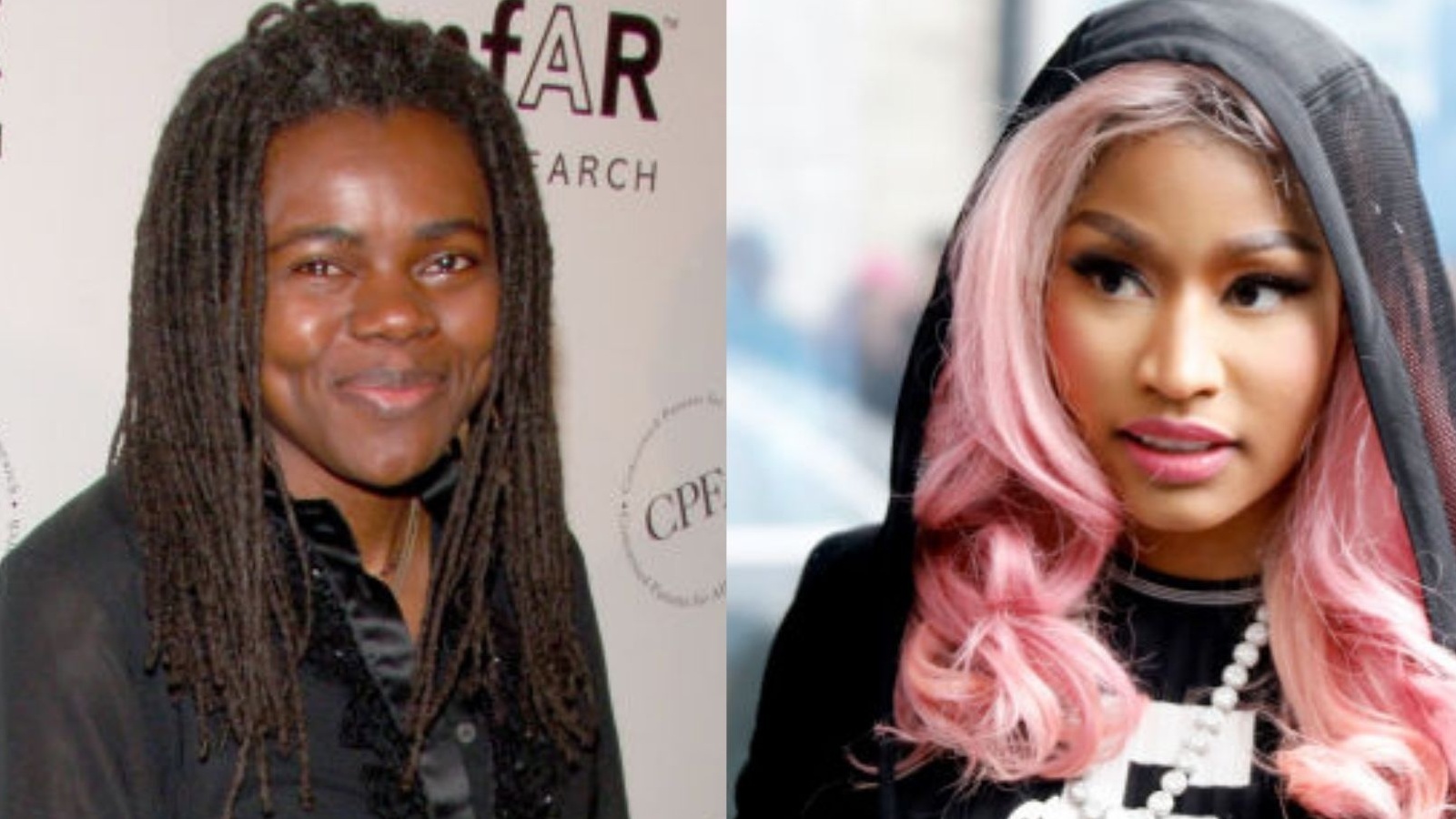Tracy Chapman has been granted an offer of judgment in the amount of $450,000 over a copyright dispute regarding Nicki Minaj’s use of Chapman’s song, “Baby Can I Hold You.”
A California federal court awarded the independent artist and her team the offer of judgment that Minaj’s team tendered last month, according to court filings obtained by Pitchfork. The total includes any and all fees associated with the case and covers the costs of Chapman’s attorneys.
Representatives of the “Monster” rapper told Pitchfork that they “settled” primarily because it would have been more expensive to go to trial.
An offer of judgment differs from a settlement, in the sense that the former is the judgment on an accepted offer tendered by the defending party, according to Cornell Law School. A settlement is an official agreement to resolve the legal dispute and avoid trial. In essence, a settlement doesn’t typically state that anyone was right or wrong in the case, per the American Bar Association.
But, according to court documents, Minaj’s team made the move to pursue the offer of judgment to resolve Chapman’s argument.
In a statement issued to Pitchfork, the Cleveland, Ohio native expressed profusely that she refused the rapper’s inquiries to use the song, and was disappointed that Minaj’s team did not honor her request.
“I am glad to have this matter resolved and grateful for this legal outcome which affirms that artists’ rights are protected by law and should be respected by other artists. I was asked in this situation numerous times for permission to use my song; in each instance, politely and in a timely manner, I unequivocally said no,” Chapman wrote.
The 56-year-old said she sought legal action as an effort to protect the creative licensing rights of independent artists everywhere.
“Apparently Ms. Minaj chose not to hear and used my composition despite my clear and express intentions. As a songwriter and an independent publisher, I have been known to be protective of my work. I have never authorized the use of my songs for samples or requested a sample. This lawsuit was a last resort —pursued in an effort to defend myself and my work and to seek protection for the creative enterprise and expression of songwriters and independent publishers like myself,” Chapman's statement read.
Chapman’s attorney John Gatti added that he “couldn't be happier with the outcome and for the statement, this makes on behalf of Tracy and indeed, all artists’ rights.”
In the summer of 2018, Funkmaster Flex first leaked Minaj’s song “Sorry,” which sampled Chapman’s “Baby Can I Hold You,” Pitchfork reports. Previously, the rapper denied that she infringed upon Chapman’s song and made the claim in court in February 2019, Forbes reported.
Minaj once admitted in a tweet that she was not given sample clearance from Chapman’s team, according to Pitchfork.
However, prior to this week’s decision, Judge Virginia A. Phillips found in September that Minaj did not commit copyright infringement when she wrote and recorded “Sorry,” according to The Blast. Chapman argued copyright infringement on the basis that “Sorry” had used lyrics directly taken from her song.
